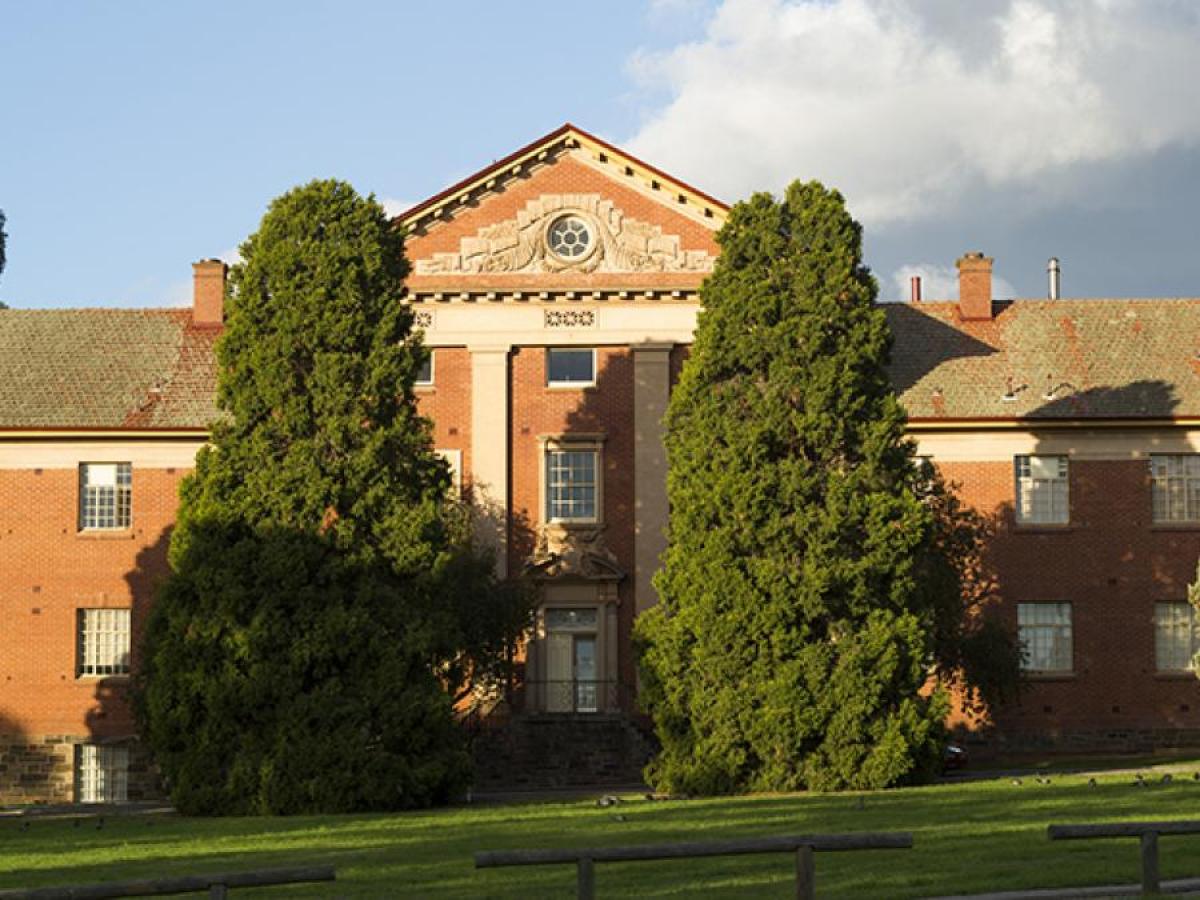
The University of Adelaide has been awarded $1,965,291 in linkage grants by the Australian Research Council to undertake research that will bring benefits in the meat, hemp, mining and performing arts industries.
The ARC's Linkage Program promotes national and international research partnerships between researchers and business, industry, community organisations and other publicly funded research agencies. The latest grants announced are outcomes of the Linkage Projects Round 3 for 2020.
"I congratulate our experts on securing funding for their important projects," said Professor Anton Middelberg, Deputy Vice-Chancellor (Research), the University of Adelaide.
"These Australian Research Council grants will enable our experts, in partnership with industry, government and the performing arts community, to undertake valuable work that will benefit society."
"The University's success in these linkage grants is yet another indication of our ability to partner with industry to pursue win-win outcomes."Professor Anton Middelberg
The funding has been divided between four projects:
Professor Robert McLaughlin who is Chair of Biophotonics at the Adelaide Medical School has received $630,000 to investigate new photonics technologies to measure meat quality in lamb and mutton. The project Maximising the value of Australia's sheepmeat industry with smart photonics that he and his team will work on, will develop new knowledge in the areas of fibre optics and 3D printing for use by the red meat and livestock industries. It will aim to bring significant benefits for the country's red meat industry and help establish Australia as a leading supplier of high-quality meat to domestic and international markets. Meat and Livestock Australia and Miniprobes are partners in the project. The ARC grant application was supported by the University's Institute of Photonics and Advanced Sensing (IPAS).
Professor Rachel Burton from the University of Adelaide's School of Agriculture Food and Wine has received $513,272 to undertake the project Pioneering seed solutions for the industrial hemp industry. Her team aims to develop the next generation of elite industrial hemp cultivars, grown for their seed with high protein and oil content. They will be drought resistant and minimize the amount of THC - the psychoactive compound - found in them. The Australian Hemp and Seed Company is a partner in the project which is supported by the University's Waite Research Institute.
Professor Alan Collins from the School of Physical Sciences has received $536,198 to build a stratigraphic and water chemistry framework for the greater McArthur Basin which is a rock system that covers northern Australia from WA to Queensland. The framework that he and his team will produce will assist northern Australia's resource economy by helping reduce the risk in the petroleum and minerals industry. Reconstructing the Beetaloo/Greater McArthur Basin System will also give insights into the development of the Earth. Partners in the project are the Northern Territory Geological Survey, the Commonwealth Scientific and Industrial Research Organisation, Santos Ltd and Empire Energy. The University's Institute of Mineral and Energy Resources (IMER) supported this project.
Associate Professor Anna Goldsworthy from the Elder Conservatorium of Music and her team will be using their $285,821 grant to find new ways of tackling the challenges facing the Australian performing arts sector in the wake of the COVID-19 pandemic and climate change emergency. In Rebooting the Muse: Post-COVID-19 sustainability in the performing arts they will explore how digital technologies can offer new audience experiences, and will document the impact on artist and community wellbeing of these innovations. Project participants include the Adelaide Symphony Orchestra, the State Theatre Company, Patch Theatre Company, the Light Cultural Foundation and the Illuminate Adelaide Foundation. The project will help to find more sustainable business models and consequently improve individual and community wellbeing.
"In the 2020 ARC Linkage grant cycle the University of Adelaide's aggregate income was higher than all the other South Australian universities combined," said Professor Middelberg.
"In terms of the total linkage grant outcomes awarded by the ARC to each university during 2020 we are placed third in Australia. This means that we have secured more industry-linked ARC funding than some institutions twice our size.
"The University's success in these linkage grants is yet another indication of our ability to partner with industry to pursue win-win outcomes."
Details of the ARC funding announcement can be found here.






